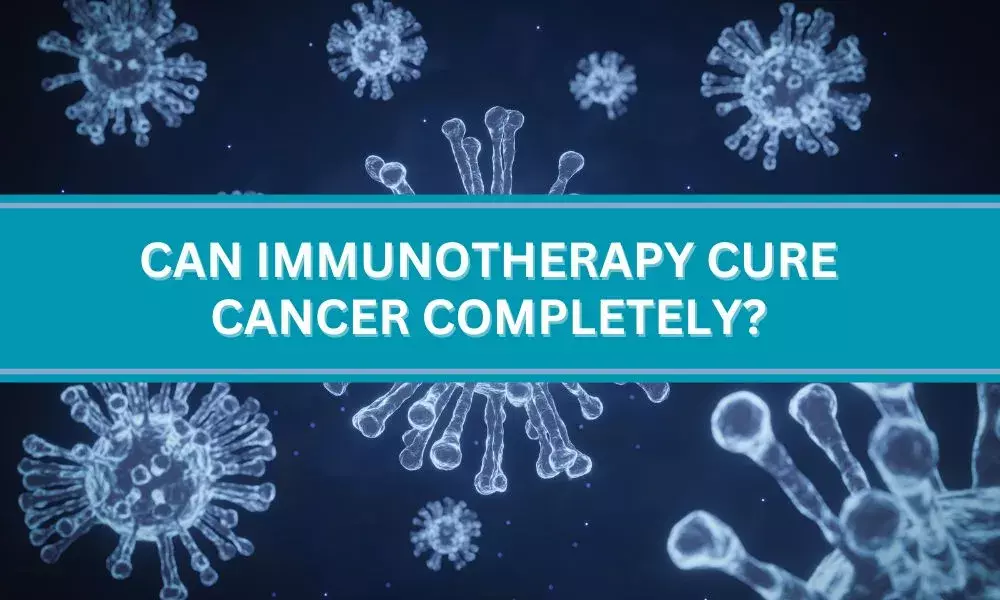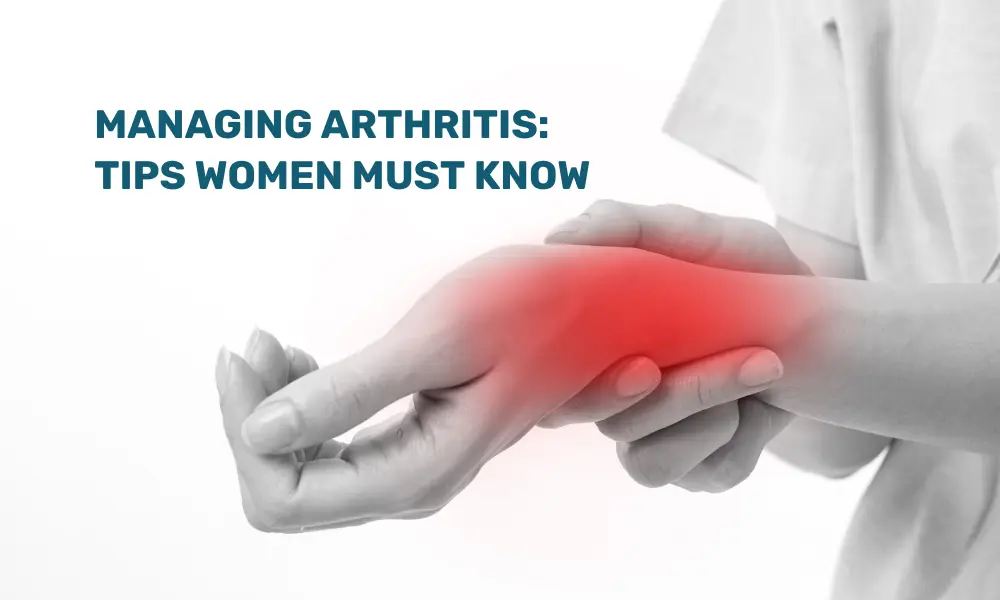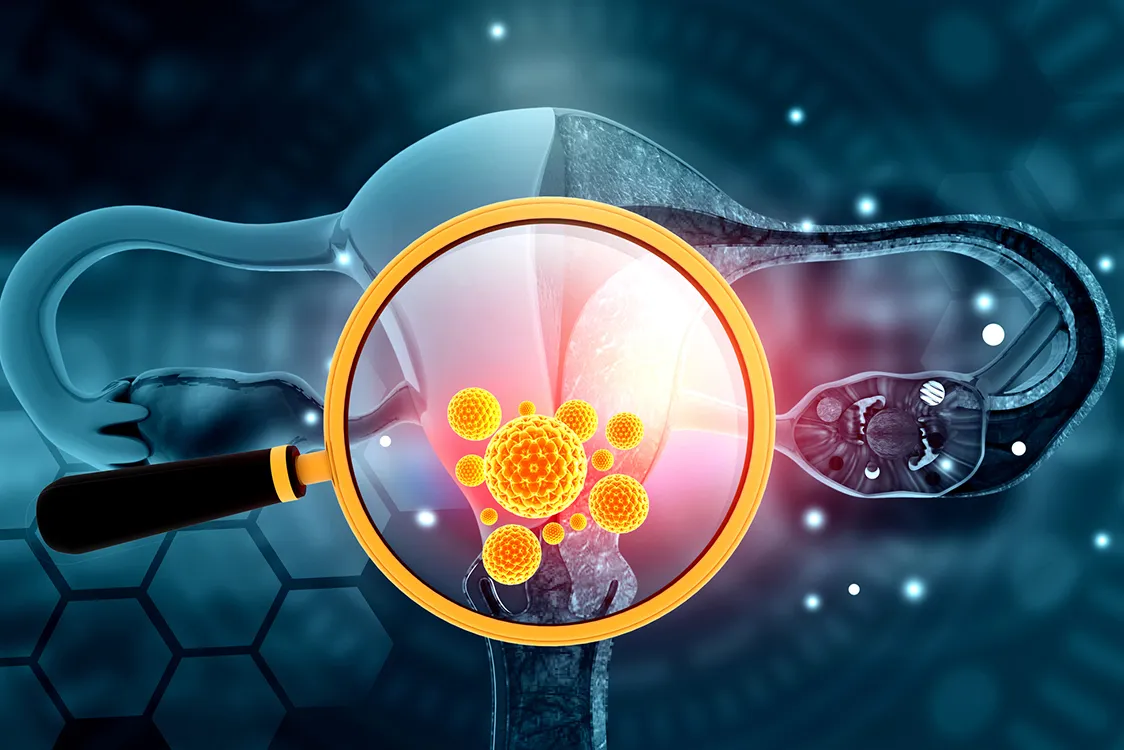The month of June, every year, is observed as Immunotherapy Month by Cancer Research Institute. This June marks the 11th Annual Cancer Immunotherapy Month. The cancer society dedicates this month to create awareness about the role of Immunotherapy in cancer treatment and highlights its role in improving the quality-of-life post cancer.
Table of Content
-
What is Immunotherapy, and how does it work?
-
Benefits of Immunotherapy
-
What cancer types does Immunotherapy treat?
-
Side Effects of Immunotherapy
-
Immunotherapy Vs Chemotherapy?
-
Types of Immunotherapies
What is Immunotherapy?
Cancer immunotherapy is a cancer treatment that uses the immunity system of your body to fight against cancer cells. It is also known as immuno-oncology.
Immunotherapy uses different methods to attack the cancerous cell to stop them from multiplying and spreading across.
The effectiveness of this therapy largely depends on the spread and stage of Cancer.
How does Immunotherapy work?
Your immune system protects your body from intruders, allergens and viruses that damage cells and lead to cancer. It has special cells that constantly patrol your body for intruders. When they find a damaged or cancerous cell, they destroy it. That keeps cancerous tumours from growing and spreading. But Cancerous cells constantly look for ways to dodge immune system defences. Immunotherapy works by:
-
Training your immune system to do more to find and kill cancer cells.
-
Helping your body produce cancer-fighting immune cells that effectively locate and destroy cancer cells.
Benefits of Immunotherapy
-
Immunotherapy educates the immune system to identify and attack specific cancerous cells.
-
It boosts immune cells to help them control and eliminate Cancer.
-
It provides the body with additional components to enhance the immune response, especially against the cancerous cells.
-
It improves the overall quality of life for a cancer patient with stronger and better immunity.
What cancer types does Immunotherapy treat?
Immunotherapy is the first-line or initial treatment for many types of Cancer, especially the ones at an advanced stage of development. They may combine Immunotherapy with Chemotherapy, targeted therapy, or other cancer treatments. Providers use different types of immunotherapies to treat many kinds of Cancer. Each immunotherapy type uses different elements of your immune system.
Side Effects of Immunotherapy
After taking Immunotherapy, a patient may experience certain uneasiness. A few aftermaths of Immunotherapy are fatigue, vomiting, diarrhea, mouth sores, fever or chills, headache, weakness, high blood pressure, and rashes or itching.
These side effects generally subside after the first treatment.
Immunotherapy Vs Chemotherapy – How do they differ?
Immunotherapy and Chemotherapy are commonly used cancer treatments that use drugs to stop or slow the growth of cancerous cells. However, while chemotherapy drugs are used to attack rapidly producing cells throughout the body, Immunotherapy triggers your immunity system to identify and attack cancer cells.
The side effects can be very different between Chemotherapy and Immunotherapy. Because Chemotherapy cannot differentiate between the cells it targets, it affects both cancerous and normal cells.
Chemotherapy affects the normal cells that are responsible for hair and skin growth and those lining the digestive tract and forming bone marrow. That is why side effects like hair loss, nausea and vomiting, and skin and nail changes are more common and sometimes more severe with Chemotherapy.
Types of Immunotherapies
Checkpoint inhibitors: These drugs basically take the ‘brakes’ off the immune system, which helps it recognize and attack cancer cells.
Chimeric antigen receptor (CAR) T-cell therapy: In this therapy some T-cells from a patient’s blood are taken and mixed with a special virus that makes the T-cells learn how to attach to tumour cells. These T-cells are injected back to the patient so they can find, attach to, and kill the cancer.
Cytokines: This treatment uses cytokines (small proteins that carry messages between cells) to stimulate the immune cells to attack cancer.
Immunomodulators: This group of drugs generally boosts parts of the immune system to treat certain types of cancer.
Cancer vaccines: Vaccines are substances put into the body to start an immune response against certain diseases. There are certain vaccines that can help prevent or treat cancer.
Monoclonal antibodies (mAbs or MoAbs): These are man-made versions of immune system proteins. mAbs can be very useful in treating cancer because they can be designed to attack a very specific part of a cancer cell.
Oncolytic viruses: This treatment uses viruses that have been modified in a lab to infect and kill certain tumour cells.
Immunotherapy helps the immune system to find and kill cancerous cells. Immunotherapy side effects are usually mild, but certain side effects may require immediate medical treatment. In case of any discomfort post-therapy a doctor should be consulted.
Battling Cancer becomes easy when there is someone to talk to and share. We invite you to join our vibrant Onco Cancer Care Community on Facebook. Patients diagnosed with Cancer, their caregivers, and survivor of any gender or age are welcome to be part of this group. Let us join and make this journey great for each other.





